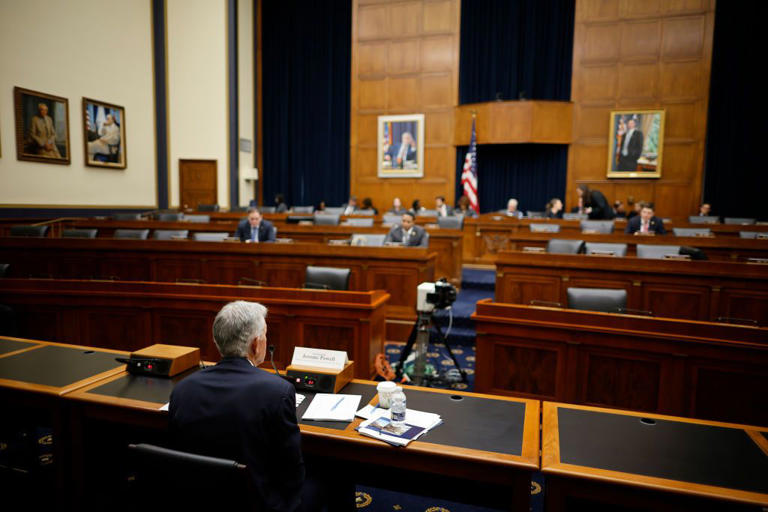Recent surveys among economists indicate a growing sentiment that the Federal Reserve should consider cutting interest rates sooner rather than later, potentially at its upcoming meeting scheduled for the end of this month. According to a comprehensive survey conducted by The Wall Street Journal, nearly a quarter of economists—specifically, 24.6%—advocate for an interest rate cut at the Fed’s next policy-setting meeting. This perspective marks a notable shift in expectations towards earlier monetary easing, reflecting confidence among some analysts that recent economic data supports such a move.
The rationale behind the call for action centers on recent economic indicators suggesting a moderation in inflationary pressures. Economists argue that these signals, which include a slowdown in price increases across various sectors and stable consumer spending patterns, provide sufficient grounds for the Federal Reserve to begin reducing its benchmark interest rate. Currently at its highest level in 23 years, the interest rate has been a pivotal tool in the Fed’s efforts to manage economic growth and inflation.
Goldman Sachs Chief Economist Jan Hatzius has been vocal in this debate, questioning the necessity of delaying a rate cut until September if the case for easing monetary policy is compelling now. He points to factors such as higher unemployment rates and potentially slower GDP growth as reasons why proactive measures could be beneficial in sustaining economic momentum.
However, despite the minority advocating for an immediate rate cut in July, the majority of economists—98.5% as per the survey—still anticipate that the Federal Reserve will opt for a rate cut sometime after the July meeting. This majority view aligns with broader market expectations that any move towards monetary easing will likely occur in September, reflecting a cautious approach by the Fed in assessing the durability of economic recovery amid global uncertainties.
The Federal Reserve’s cautious stance is underpinned by its commitment to waiting for more conclusive evidence that inflation is firmly under control before adjusting monetary policy. Recent statements from Fed officials, including Chair Jerome Powell, emphasize their vigilance over economic indicators, particularly focusing on labor market trends, business investment, and consumer sentiment. This cautious monitoring aims to avoid premature policy adjustments that could destabilize economic conditions or exacerbate inflationary pressures in the long term.
Overall, while debates continue over the timing and extent of interest rate adjustments, the consensus among economists and market analysts points towards a gradual approach by the Federal Reserve. This approach seeks to balance the need for economic stabilization with the imperative of managing inflation risks effectively, ensuring sustainable growth and financial stability in the months ahead.
